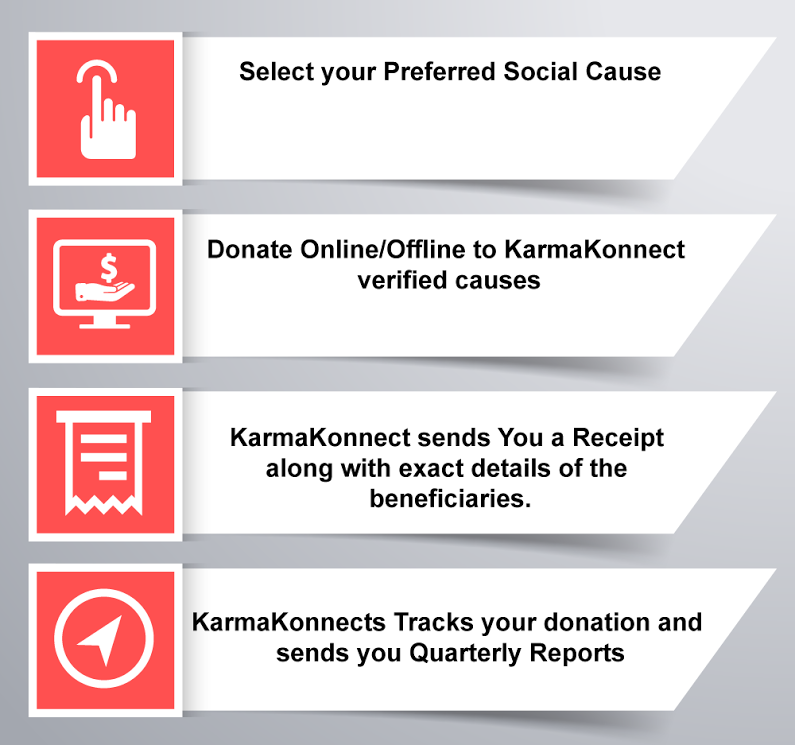CREATE #GoodKarma EVERY CHANCE YOU GET
70 Results matching your donation criteria.
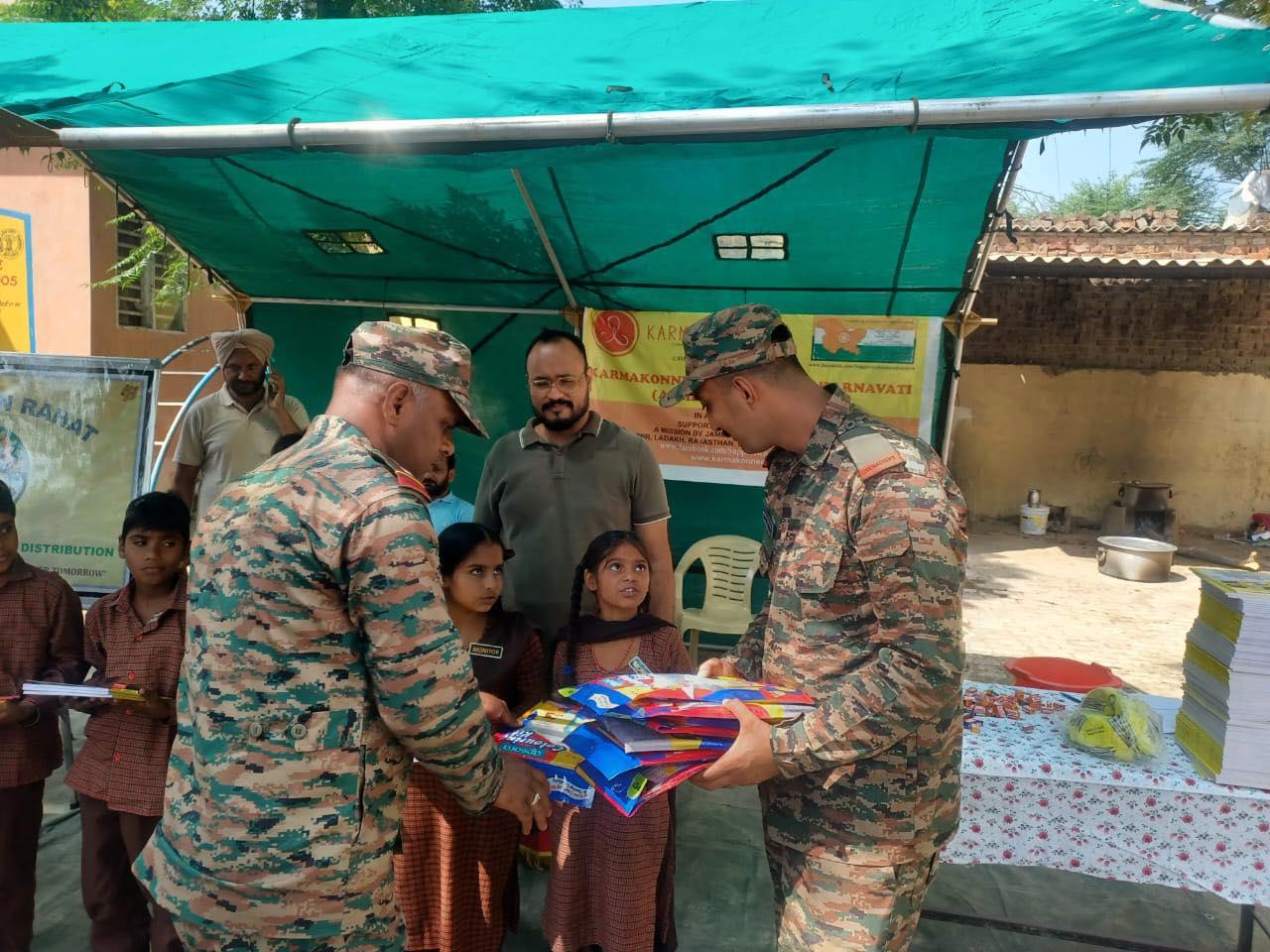
KarmaKonnect provided flood-relief support and essential school supplies to children in the border village of Mandiyawala, Gurdaspur, Punjab, while also delivering emergency aid to remote mountain communities in Himachal Pradesh affected by severe floods and landslides. The initiative aims to address immediate needs, restore education access, and assess long-term recovery requirements for vulnerable rural and tribal families.
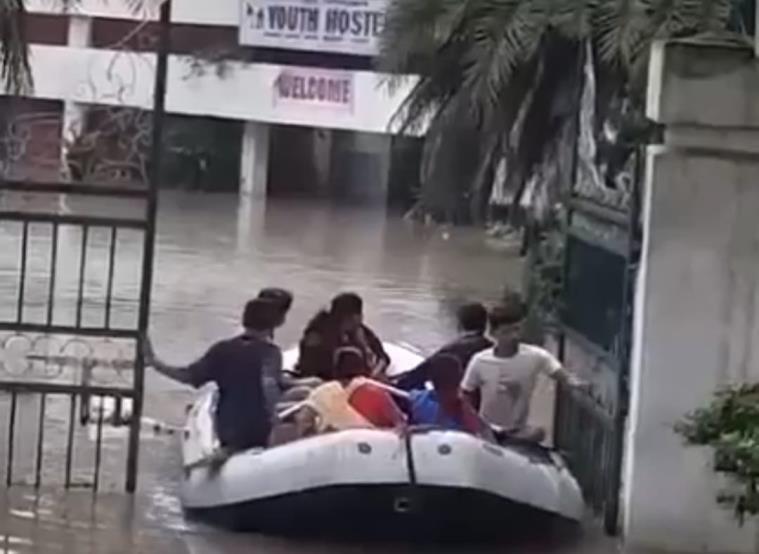
The Relief Aid for Flood-Affected People of Manipur project by KarmaKonnect Foundation, in partnership with SEWA Canada, was launched to support communities devastated by Cyclone Remal and ongoing ethnic conflicts in Manipur. The project provided emergency relief including shelter materials, food grains, bedding, and clothing to displaced and vulnerable families across several villages in Manipur.
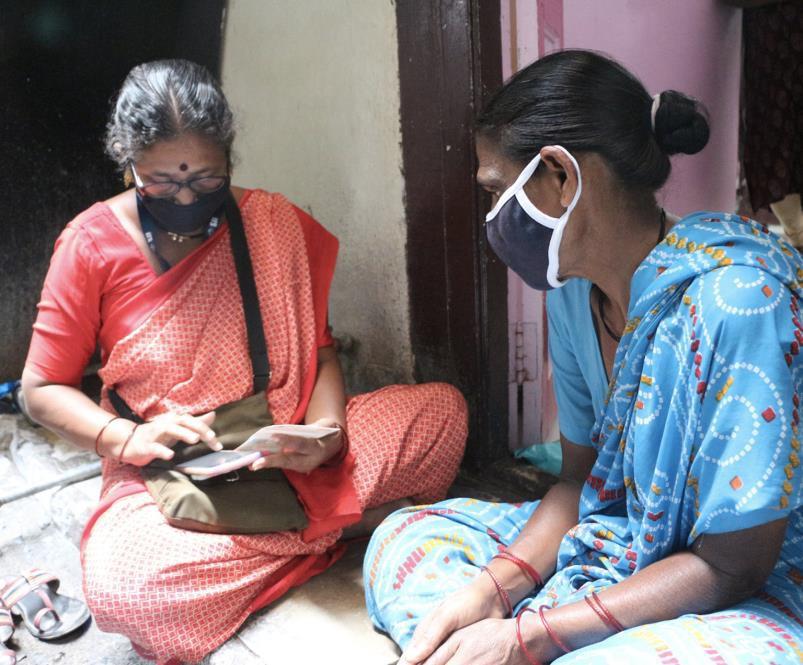
The Adhikaar project by KarmaKonnect aims to bridge the gap between citizens and government welfare schemes through a Phy-gital (physical + digital) model. It addresses challenges like language barriers, digital illiteracy, and complex paperwork by creating a network of trained local women volunteers (KarmaKonnect Adhikaars) and community-run Yojana Kendras. These volunteers and centers help citizens identify eligible schemes, assist with applications, and offer ongoing grievance redressal.

KarmaKonnect Foundation gives proposal for establishing an emergency ambulance and mobile medical service in Baksa district, Bodoland, Assam — a remote, underserved, and tribal region near the Indo-Bhutan border. It highlights the severe lack of organized ambulance services, long emergency response times, and poor healthcare access in the area. The project aims to acquire an ambulance and provide 24/7 emergency care, mobile medical camps, and health education programs. Supported by local trusts and SEWA Canada, the initiative outlines resources, operational costs, and a 6-week implementation plan to improve patient care and emergency services in rural Assam.
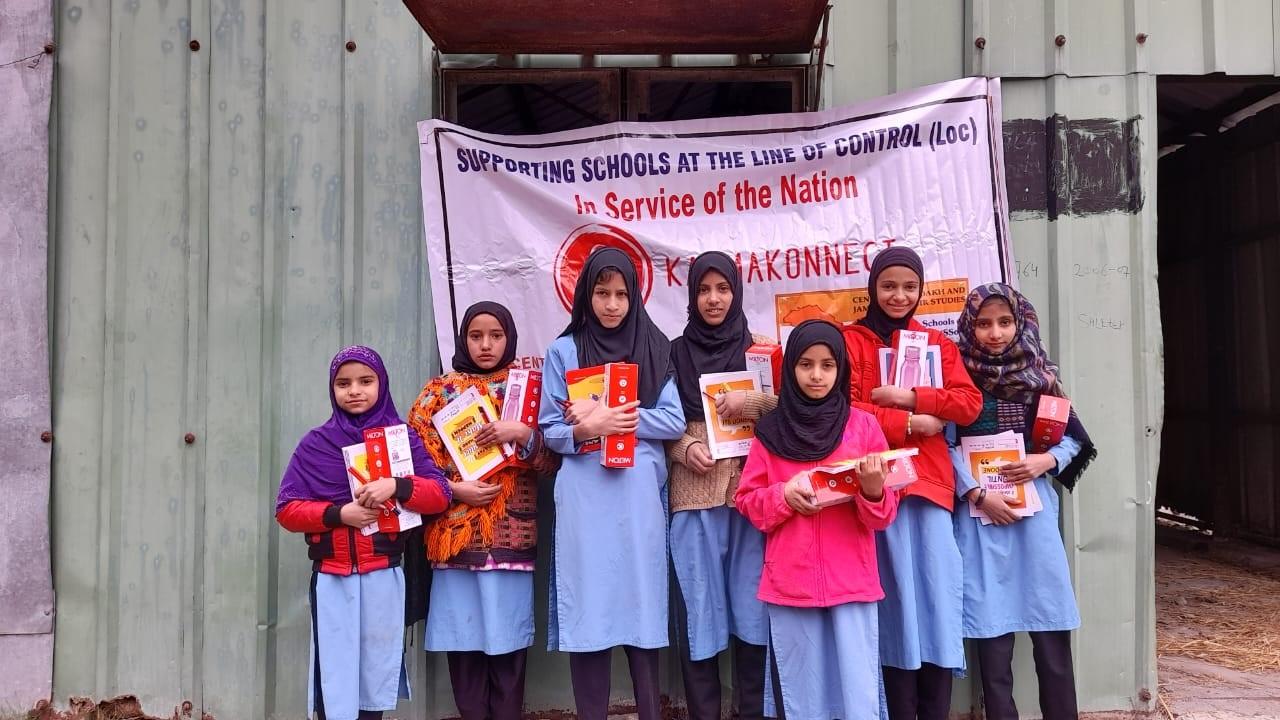
Children studying in border area schools near the Line of Control in Jammu Kashmir and Ladakh struggle to access essential stationery items such as notebooks, pens/pencils, and schoolbags, hindering their education. KarmaKonnect seeks your support in reaching out to these children with essential school supplies. One stationery kit contributed by you, can help a child attend classes.

As the school year approaches, parents even in rural areas are helping their children prepare for classes while trying to purchase all necessary supplies. However, unfortunately, most families cannot afford something as mere as a school bag due to difficult financial situations. Help us provide these children with school bags and thus motivating them to a better academic year.
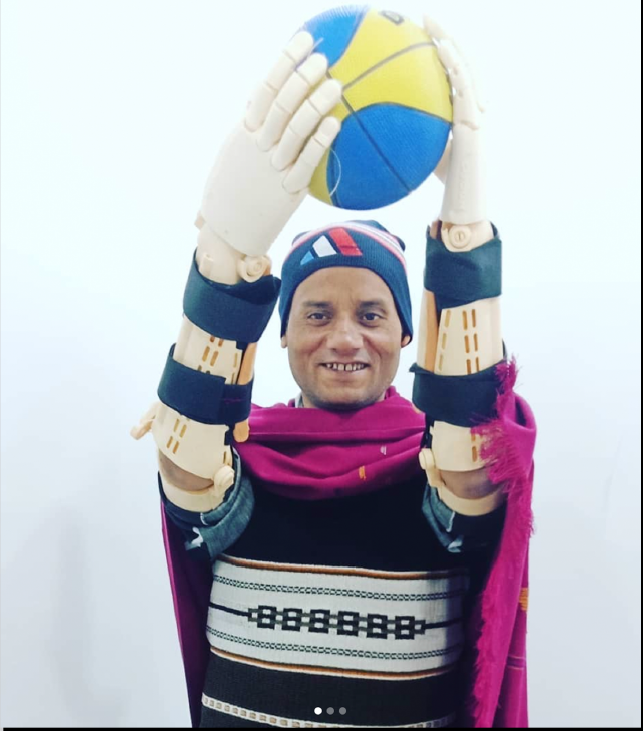
Saksham’s vision is to ensure the physical, economical and social rehabilitation of beneficiaries, to enable them to regain their mobility, dignity, and become self-empowered.
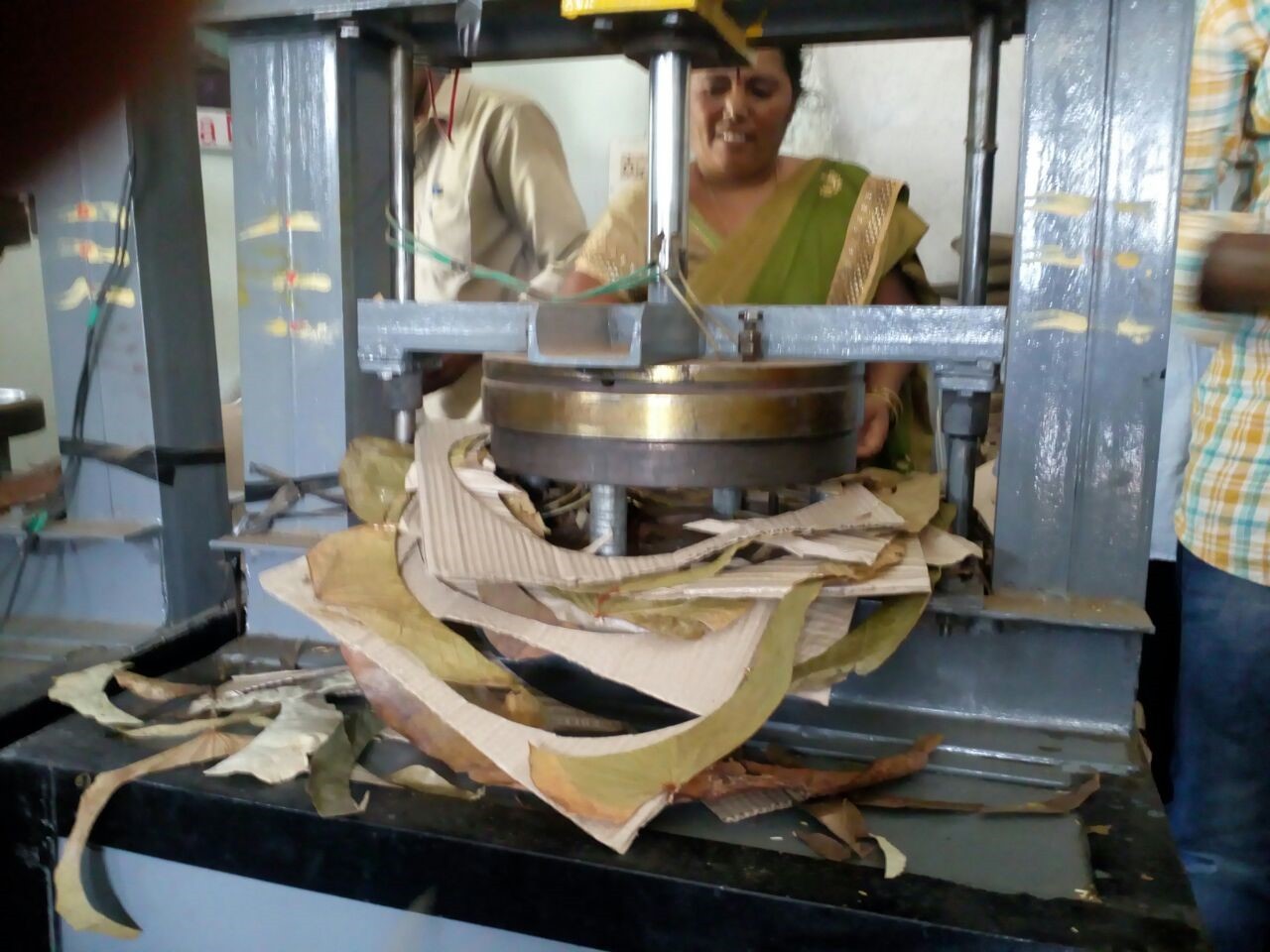
At national and global levels, women’s voices are weak, largely because of their minimal presence in leadership roles of rural organizations, the challenges of being treated as ‘token’ women rather than equally with male leaders and, in some cases, the limited ability of the few women leaders at the national level to effectively represent the needs of women at the grass-roots level. There is also a difference between women’s representation in women-only groups and mixed-sex groups. Women’s groups tend to be confined to the local level, often organized around economic activities. This demands an urgent need to empower women economically for the welfare of women as well as a community at large.
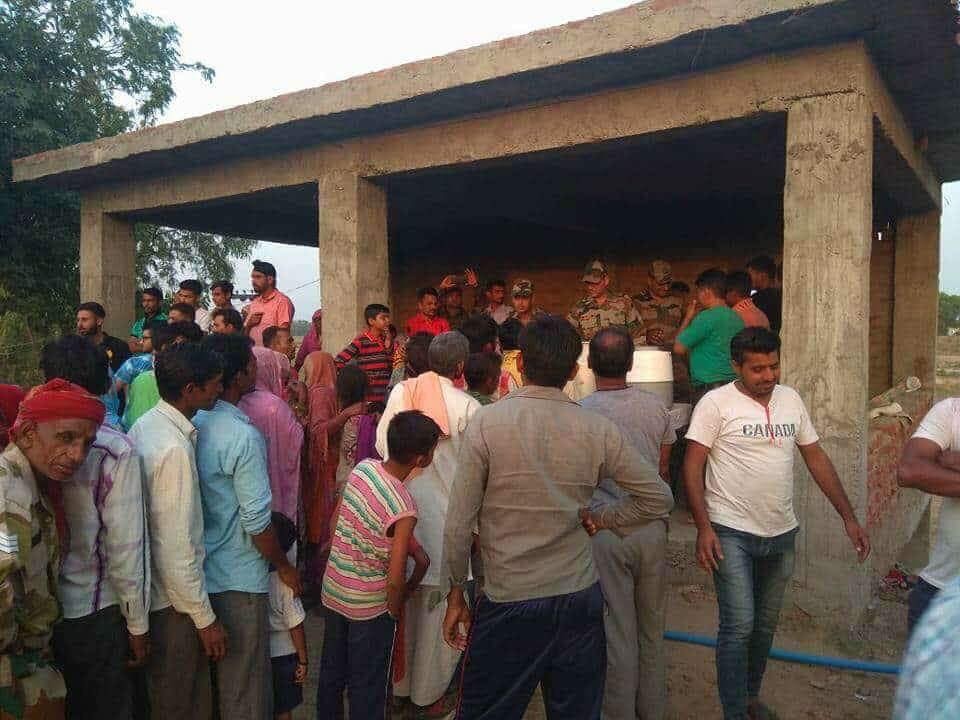
Since early 1990, the valley of Kashmir1 in the north Indian state of Jammu and Kashmir has been the site of a vicious conflict between Indian security forces and Muslim insurgents demanding independence or accession to Pakistan. It is not news that the innocent civilians have been targets and victims of this border dispute. Let's do our bit by sending relief to the victims.
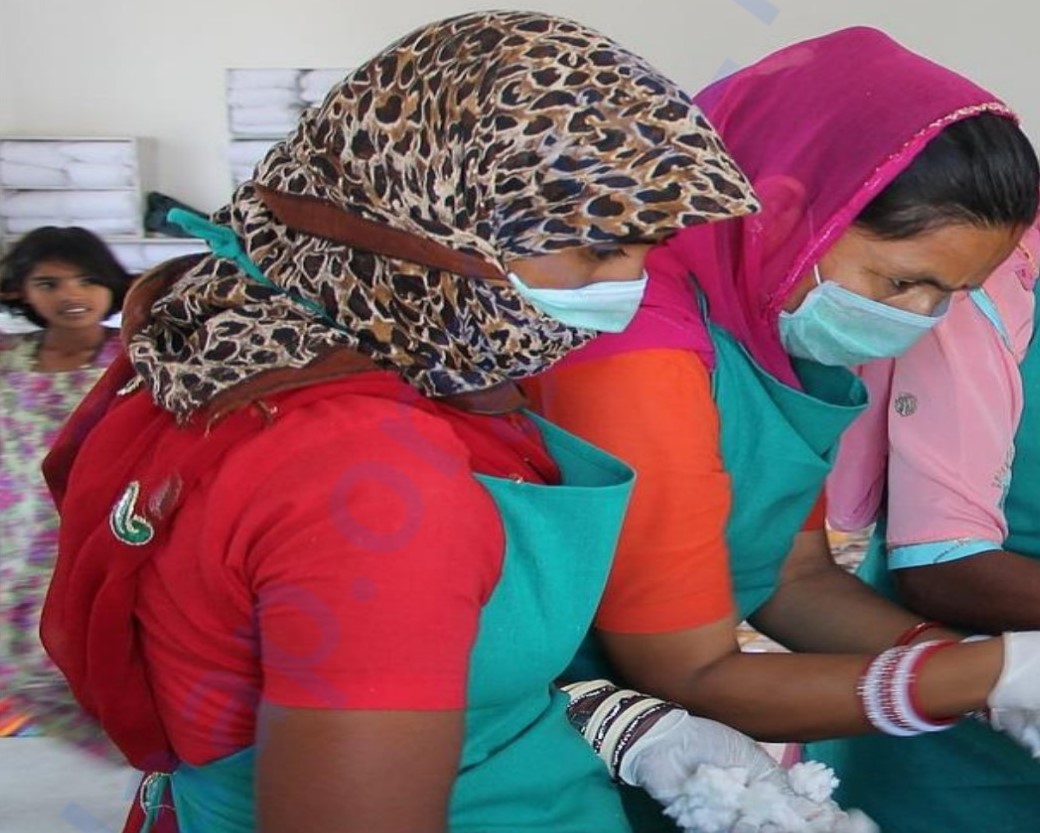
KarmaKonnect will partner with Aakar Innovations to set up sanitary pad mini factory in Marriguda, Telangana, that will employ local women to manufacture and distribute bio-degradable, low-cost sanitary napkins. The solution will endeavor to break the silence around the issue of Menstrual Hygiene and provide knowledge and guidance to all stakeholders, especially adolescent girls. The idea is that something as natural as Menstruation does not become a thing of shame, adolescent girls have access to pads, know how to use and dispose them, while the community and institutional systems are sensitized and support them in this process. The eco-system will be created using ICT (Information Communication Technology) and Sports, so that they can come out of the four walls to discuss about MHM (Menstrual Hygiene Management) openly.

